
Between 2008 and 2012, communities fought against the threat of an opencast coal mine on the edge of their picturesque rural Northumberland villages. Northumberland Local Planning Authority sided with the local communities and rejected the application in 2011. But that rejection was appealed by the applicant, HM Projects Developments Ltd. The planning inspectorate sided with the applicant and overturned the communities’ and Local Planning Authority’s rejection, based on the misplaced faith that their additional ‘section 106’conditions would prevent negative impacts on the local environment and community. Those conditions and promises were, of course, broken with damage to the local environment by HM Project Developments Ltd. as it proceeded in 2012 with permission to extract 140,000 tonnes of coal just 50 metres from the closest residence over the next 8 years. As the opencast coal mine neared the end of its profitability in 2020, HM Project Developments Ltd. declared bankruptcy, thereby abandoning the opencast site on the edge of the Halton Lea Gate village and breaking its promise to pay into the promised community fund or for environmental remediation. The joint administrators appointed to tie up the loose ends of the company’s finances and responsibilities decided to leave remaining coal reserves, restore the farmland, and market it for sale to finance some of the company’s debts, with finance from ExWorks, a US credit company.
HM Project Developments Ltd. bankruptcy means that the £75,000 pledged to a community fund is unlikely to materialise. In retrospect, the Northumberland Local Planning Authority noted that it’s ‘section 106 conditions’ should have required HM Project Developments Ltd. to pay into the fund in a staged way throughout the project, rather than a lump sum at the end to avoid this scenario in the future. The bankrupt company’s joint administrators—Benjamin Wiles and Steven Muncaster of Kroll Advisory Ltd.—were appointed in 30 April 2020 and are apparently still in discussion with Northumberland Local Planning Authority on the community fund, but the outlook is not good as debts exceed £11 million, over 5x the predicted worth of the company’s remaining assets.

Coal Action Network visited the site in July 2020 after it was abandoned by the company. There we were confronted with a hole in the landscape of rolling hills, toxic-looking pools that had wildlife tracks leading to them, large mounds and jagged cliffs of excavated soil and coal, and machinery left around the site. Overall, a poorly fenced dangerous place. All this in a North Pennines Area of Outstanding Natural Beauty, and just 50 metres from someone’s house.



The complexity of established flora and fauna sacrificed around the UK at sites of opencast coal mining is lost for the long-term, and possibly forever. So-called ‘restoration’ cannot recreate these ecosystems, and doesn’t even attempt to offset the impacts that burning the coal will have on climate change. When we revisited the site of the Halton Lea Gate opencast in June 2021, the toxic-looking pools were gone and the restoration effort was underway with funding from ExWorks, a US credit company, to the tune of £653,422 (less than the fees of the joint administrators so far). ExWorks relationship to the coal mine and HM Project Developments Ltd. isn’t clear. The works began in February 2021, and a chat with an employee on the site confirmed most of the soil had been put back, and the restoration works were expected to be completed by September 2021. Already the impact of simply putting back the soil on the local landscape—though insufficient—was profound and underpins why this baseline must be adhered to for the sake of nearby communities and fauna.



Before the coal mine in Halton Lea Gate was abandoned, Margam opencast coal mine was abandoned with just £5 million of the £56 million restoration bond in the pot, making for an even poorer quality restoration that remains a scar on the landscape. This is a story repeated across the UK, largely because:
Although coaling in the UK will hopefully continue to wind down, we must not repeat the same mistakes as excavation for lithium and other minerals ramps up.
National planning policy must give a clear and strong steer to screen all planning projects for their climate change consequences, not least coal mine applications. And the voices of impacted communities living around the sites of proposed developments must be centred in decision making by Local Planning Authorities, as it represents the main means by which local communities can democratically shape what happens around them. Only then can we prevent history repeating itself, with communities living locally and in the Global South bearing the brunt of climate-trashing projects.

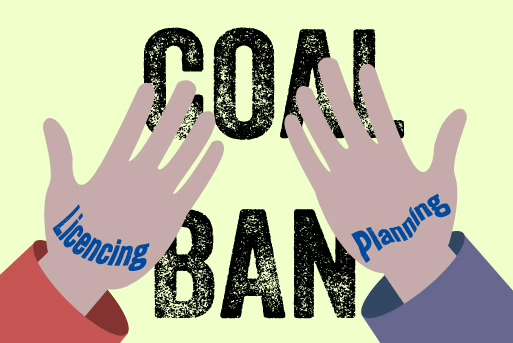
The UK Government launched a consultation on a limited review of the National Planning Policy Framework (NPPF) for 8 weeks from 30 July to 24 September 2024. The NPPF is an influential document that shapes planning decisions and priorities across England. It is periodically updated by the Government, following a public consultation…
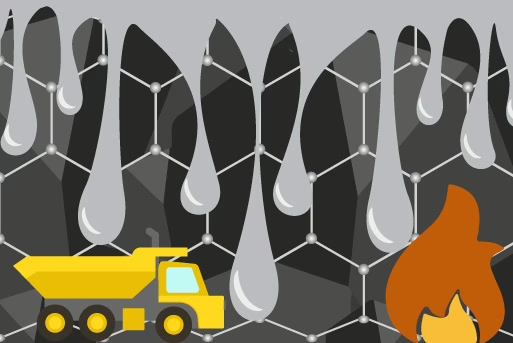
Bryn Bach Coal Ltd attempts to present the anthracite coal it wishes to extract from an expansion of Glan Lash as a unique and scarce commodity that is needed for water filtration, bricks, and graphite, and would therefore be too valuable to burn. Yet, visiting Energybuild Ltd’s…
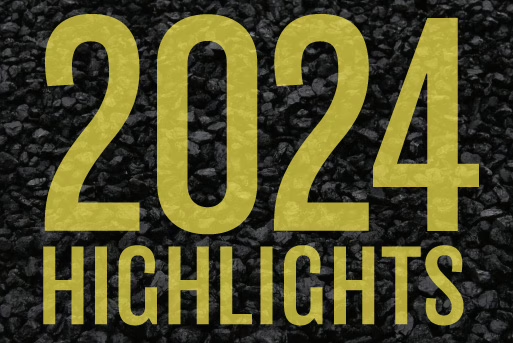
Over the past year, we’ve secured some massive victories. By taking part in our digital actions, supporters sent over 26,000 messages to the UK Government, MPs, Welsh Senedd members, Councillors, and companies to help consign coal to the history books in the UK…
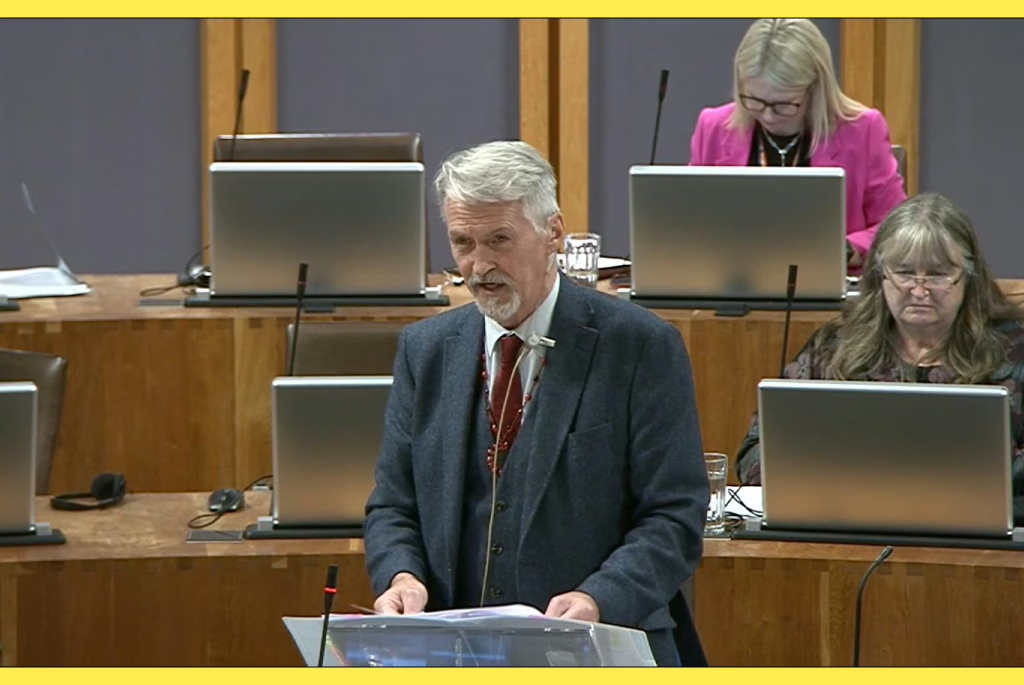
The Disused Mine and Quarry Tips (Wales) Bill (‘the Bill’) was prompted by a series of coal tip landslides that occurred in Wales following storms’ Ciara and Dennis in 2020, including a major landslide of a disused coal tip in Tylorstown…

As B Labs doesn’t seem bothered was the public says, we asked supporters to contact other B Corps – who are effectively B Labs customers. Almost 20,000 emails were sent to over 60 B Corp status companies, asking them to take a stand with us…
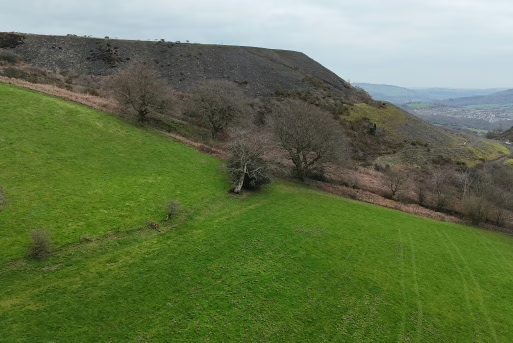
The Welsh Government’s long-awaited Bill is expected to be presented to the Senedd before the end of 2024. The very recent Cwmtillery tip slip will make this Bill a more politically charged issue. It will also raise scrutiny over whether measures…
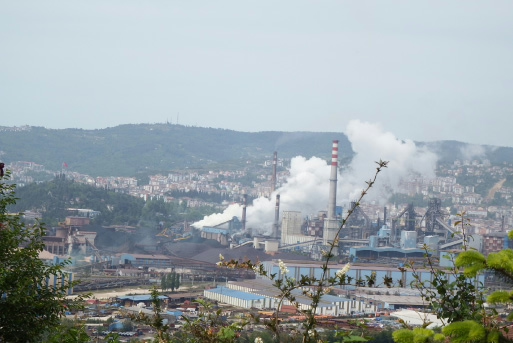
Kömür Eylem Ağı (Coal Action Network), 2024 yılında Türkiye kömür endüstrisini araştırdı. Bu makalede, bulgularımız ve Türkiye’deki kömür, hava kirliliği, Rusya savaşı ile karbonsuzlaştırma arasındaki ilişkiler inceleniyor.

Last December in London, the CAN team protested with other climate campaigners for two days in freezing temperatures outside one of the world’s biggest events funnelling investment into expanding mining globally. The ‘Mines and Money Conference’ held in London’s Business Design Centre connected investors with projects and companies responsible for human rights abuses, ecocide, and fuelling climate chaos…
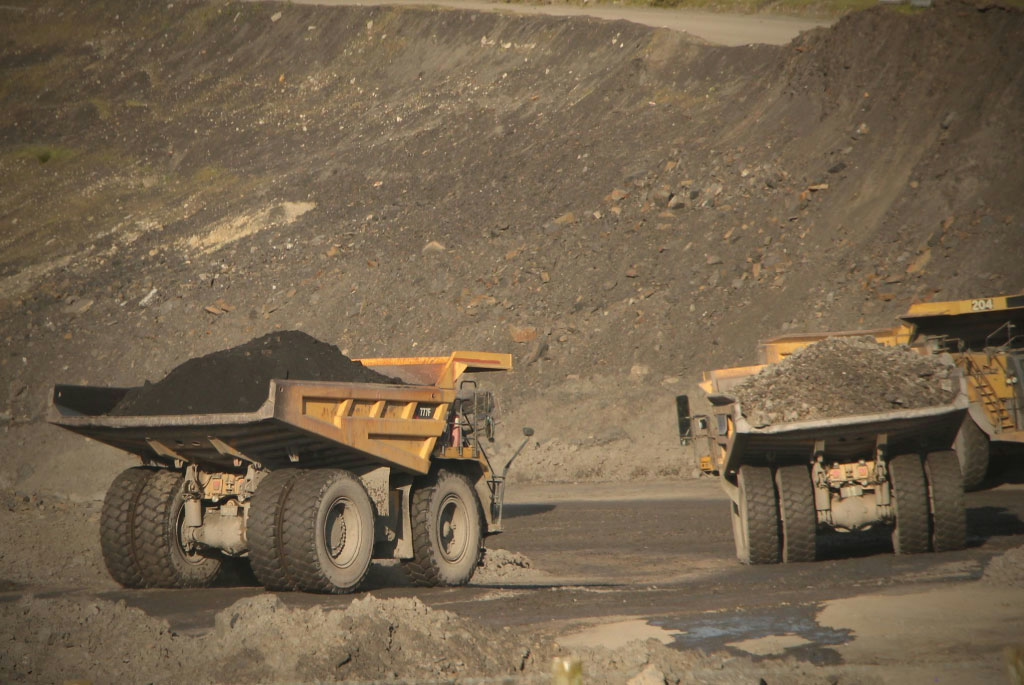
The UK Government has laid a Written Ministerial Statement confirming that it will introduce legislation to “restrict the future licensing of new coal mines”, by amending the Coal Industry Act 1994, “when Parliamentary time allows”. The UK Government’s press release is entitled “New coal mining licences will be banned”. Here at Coal Action Network, we thinks it’s great that the UK Government is following…
Great input..I lived near this opencast some years back and was a part of fighting against it then.
The local authority is very much at fault for not taking clean up payments when due..